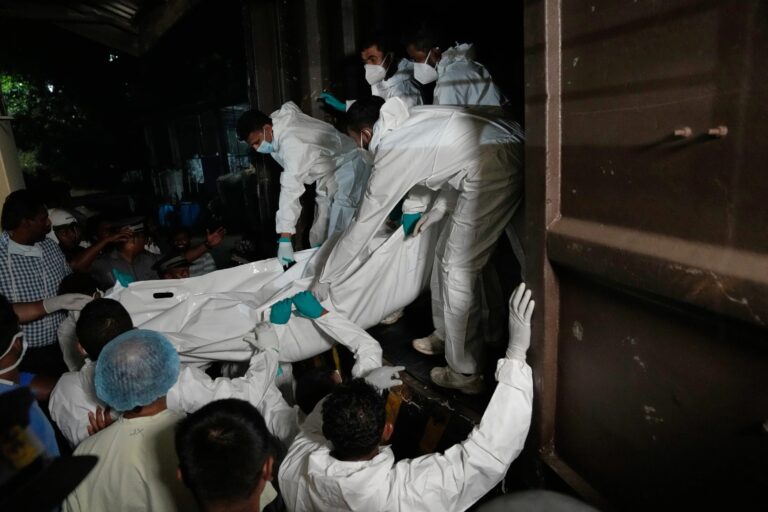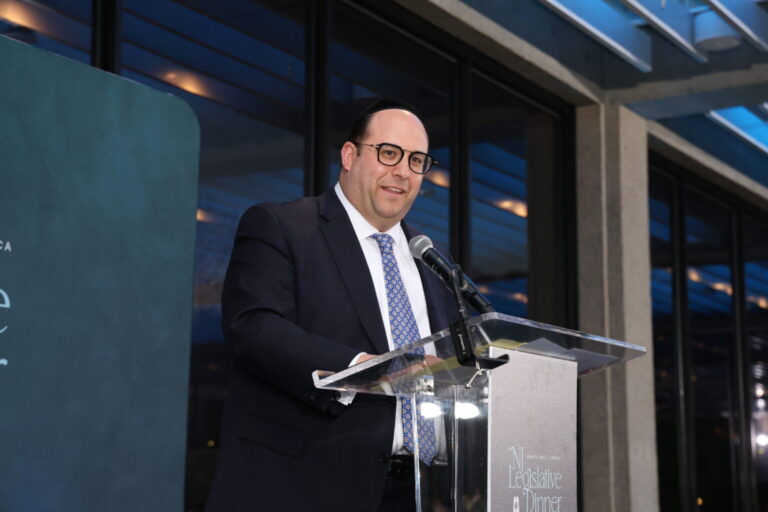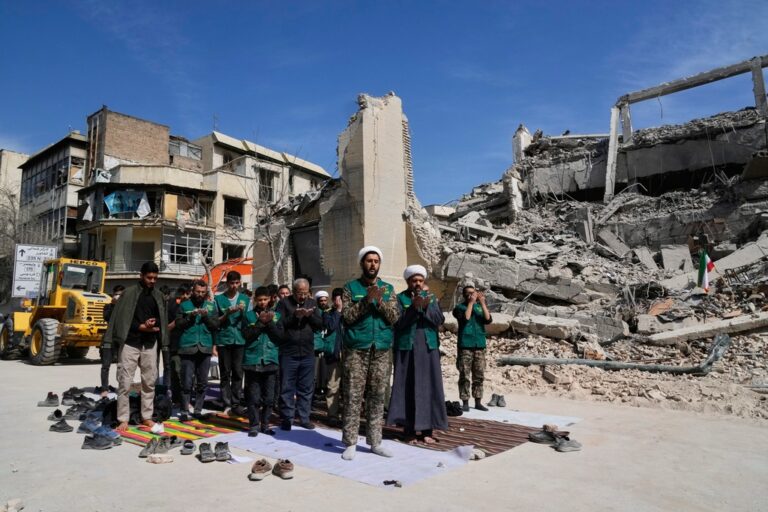 Mayor Bill de Blasio and the City Council agreed Thursday on a $75 billion budget proposal that adheres to a liberal view of government involvement to improve the lives of the less fortunate.
Mayor Bill de Blasio and the City Council agreed Thursday on a $75 billion budget proposal that adheres to a liberal view of government involvement to improve the lives of the less fortunate.
De Blasio, just shy of completing his first six months in office, became the first Democrat in nearly 20 years to capture City Hall with a campaign based on a pledge to combat the growing income inequality in the nation’s largest city. The deal struck with the council, led by Speaker Melissa Mark-Viverito, a Democrat and mayoral ally, avoids any city worker layoffs or tax hikes. It increases spending to schools and social services but does not include the council recommendation to hire 1,000 new police officers. It also includes measures to provide free lunches for all public middle school students, whether they are rich or poor.
De Blasio said the budget deal was one of the earliest in recent history, a result of “the productive dynamic” he and the City Council have developed.
“A budget is a statement of values. It affects people’s lives in the grassroots every single day,” said de Blasio in a late night news conference in City Hall’s rotunda. “It signals a new direction for New York City.”
De Blasio’s first budget, which benefits from growing city tax revenues, devotes more funding to education, helping fulfill a signature campaign promise. Though his idea to fund universal prekindergarten with a tax hike on the rich died in Albany, the state government stepped in with $300 million for pre-K. However, it gave little for after-school programs, also a de Blasio priority. The budget now allocates additional spending to expand such programs for nearly 100,000 children.
It also devotes $32 million to aid inmates with mental illness and reduce violence in city jails and more than $19 million to the city’s public housing system, particularly to improve security after a recent crime spike.
Despite those public safety concerns, the budget does not include the council’s proposal to hire 1,000 new police officers. De Blasio has said he believes that the current New York Police Department headcount of 35,000 officers is adequate to keep crime low. However, it will hire 200 administrative aides who will take over desk jobs currently filled by police officers, who will then be freed up to be deployed on the street and in public housing.
“We’re talking 200 additional officers who were doing clerical duties, who weren’t on the beat, who weren’t on patrol in neighborhoods providing any sort of service on the ground for neighborhoods,” said Mark-Viverito. “It’s a true victory for all of our communities.”
Following weeks of negotiations, the deal was announced in a press conference that resembled a pep rally, complete with loudly cheering councilmembers and a celebratory handshake — and later, a hug and kiss on the cheek — between de Blasio and Mark-Viverito to seal the deal.
The budget deal includes funding for a new contract for the teachers union, which was agreed to last month. The de Blasio administration has said it believes that deal, which includes small raises and back pay and will cost the city $17.7 billion over nine years, will serve as a template for ongoing negotiations with the nearly 150 other municipal labor unions working on expired contracts. Some unions have balked at the plan, casting uncertainty on some of the administration’s rosy fiscal projections.
The teachers’ contract also includes a provision to create $1 billion in health care savings, which allowed the administration to spend more money elsewhere.
The tentative deal, which is for the fiscal year beginning July 1, includes about $150 million in additional spending since de Blasio’s executive budget proposal last month. It also increases spending about $5 billion over independent Mayor Michael Bloomberg’s final budget, which was hammered out last year. But the process contained little of the acrimonious budget dance that came to define negotiations in Bloomberg’s final years in office.
“I remember many years when the process was filled with conflict, when it was filled with misdirection, when people struggled to get the most basic things for their communities,” de Blasio said. “We said we weren’t going to do any of that.”
To close budget gaps, Bloomberg would propose cutting services, such as closing fire companies or libraries, which would lead to heated protests on the City Hall steps and in council chambers. But this year, with increased revenue and a strong relationship between de Blasio and the liberal leaders atop the council, there were few areas of disagreement.
One was the school lunch program. The council originally wanted to fund meals for all public school students but a compromise was instead reached to spend $6.25 million for a pilot program to provide lunch solely for middle schoolers.
Additionally, the budget preserves the city council’s discretionary funds — known as member items — despite de Blasio’s hopes to ban them out of concern that they lead to corruption.
The full council has to vote on the deal by the end of this month.
(AP)










